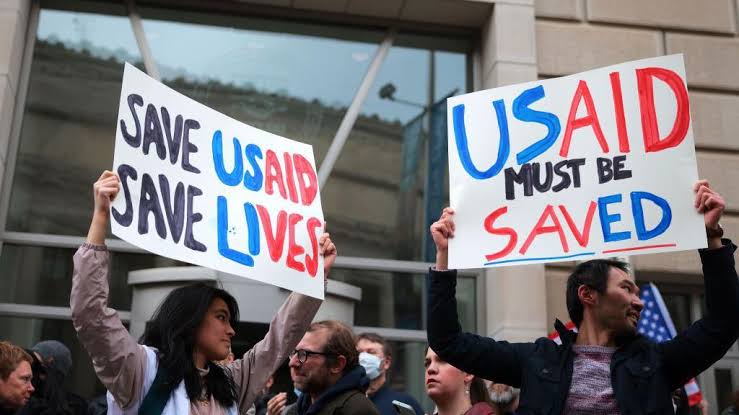
The Federal Government has announced plans to absorb 28,000 Nigerian health workers previously funded by the United States Agency for International Development (USAID), following the agency’s closure under the Donald Trump administration.
Speaking on Channels Television’s Hard Copy, Nigeria’s Coordinating Minister of Health and Social Welfare, Prof. Ali Pate, acknowledged concerns about the impact of the funding freeze on healthcare interventions, including HIV, tuberculosis, and malaria programs. However, he assured Nigerians that the government is prepared to manage the transition.
“These health workers are Nigerians. We have to find ways to transition them,” Pate stated. “Our approach, long before the change in U.S. policy, has been towards increasing national ownership, improving our healthcare value chain, and strengthening our resilience through surveillance and laboratory systems.”
The USAID shutdown has raised fears that progress in global health campaigns, particularly in Africa, could be reversed. Nigeria, a key recipient of U.S. aid, has benefited significantly from American contributions to its health sector. However, Pate emphasized that while the government appreciates past U.S. support, it is now taking steps to reduce dependency on foreign aid.
“We are not complaining; we are full of appreciation to the U.S. government for their contributions. But we have determined that we are primarily responsible for the health of our population, and we are working towards exiting the dependency on external assistance,” he said.
Pate highlighted President Bola Tinubu’s Renewed Hope Agenda, which prioritizes investments in health infrastructure, human resources, and essential medical supplies. According to him, the government has already allocated nearly $1 billion to strengthen the healthcare system.
“Our goal is to change the trajectory. Healthcare is not cheap, and we must invest in it. We have seen deliberate efforts to mobilize resources, and all 36 state governors have expressed interest in partnering with the Federal Government on this journey,” he noted.
While acknowledging the challenges ahead, including a heavy reliance on imported medical supplies, Pate stressed the need for Nigeria to build a self-sufficient healthcare system.
“We may be a poor country, but we are a capable country. We are determined to own up to this responsibility. If others step in to support us, we appreciate it, but we are not begging for it,” he concluded.
The health minister also addressed other pressing issues, including power supply challenges in public hospitals. He revealed that the government is working with the Rural Electrification Agency to solarize hospitals across the country to reduce dependence on costly diesel generators.
With this bold move, the Nigerian government aims to sustain the progress made in the health sector despite the withdrawal of U.S. support, ensuring that vital health services remain accessible to millions of Nigerians.








